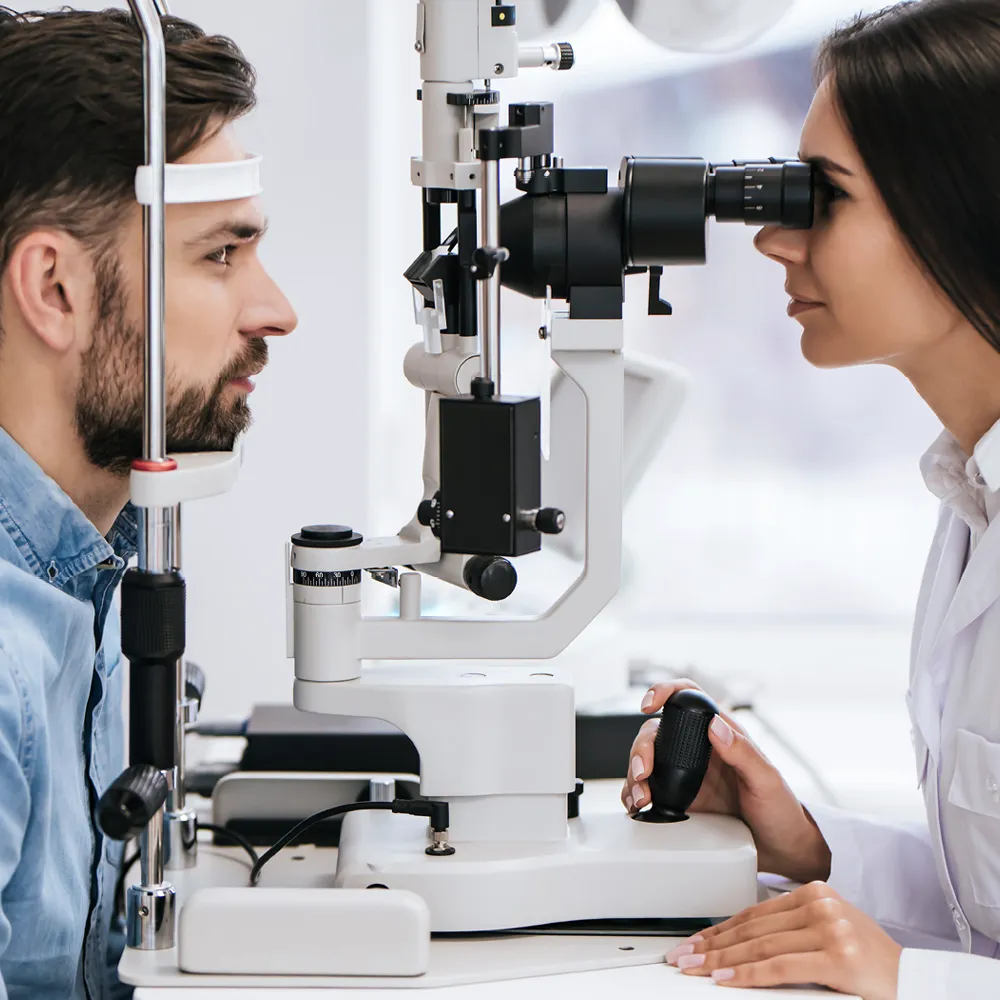
Eyecare Specialties of Minnesota
Our board-certified eye doctors provide the highest quality of care performing everything from routine eye exams to diagnosing, treating, and managing eye diseases.
Find an Eye Doctor Near You
About Eyecare Specialties of Minnesota
At EyeCare Specialties of Minnesota, our top priority is customer care. Our family of practices has been caring for Minnesota communities for decades. Our board-certified doctors provide the highest quality of care, performing everything from routine eye exams to diagnosing, treating, and managing eye diseases. Our knowledgeable opticians will help you choose the best frames to fit you and your lifestyle.

Find an Eye Doctor Near You
At Eyecare Specialties of Minnesota we believe in using the latest technologies to aid us in doing everything comprehensively—right down to your basic eye exam.

